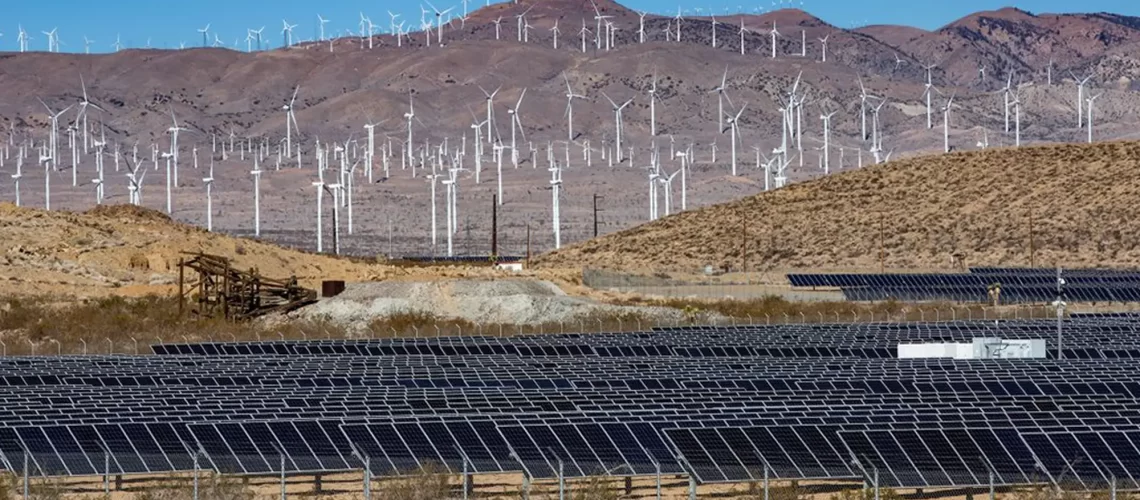The capitalist system may be turbulent, inequitable, and antisocial. But there is no “iron law” of capital standing in the way of a program of economic planning for sake of the climate.
J. W. MASON
A few days ago, Dylan Riley wrote a post on New Left Review’s Sidecar blog that provoked a furious response on left-economics twitter. I largely agree with the criticism made by Alex Williams, Nathan Tankus, Doug Henwood, and others. But I want to try to clarify the larger stakes in this debate.
Riley’s piece starts from the suggestion that the failure of Silicon Valley Bank reflects a larger crisis of overcapacity and lack of investment opportunities. SVB, he writes,
had parked a huge quantity of its deposits in low-yield — but supposedly safe — government-backed securities and low-interest bonds. . . . The bank was overwhelmed by the massive growth in deposits from its tech clients — and neither it nor they could find anything worthwhile to invest in. . . . The SVB collapse is a beautiful, almost paradigmatic, demonstration of the fundamental structural problem of contemporary capitalism: a hyper-competitive system, clogged with excess capacity and savings, with no obvious outlets to soak them up.
This is an elegant framing, but it runs into a problem immediately, involving the ambiguous meaning of “invest.” The depositors in SVB were not venture capitalists, but the firms that they had stakes in. The reason SVB had such big deposits was not because finance was unable to find profitable outlets even in the tech world, but precisely because it had done so. The fact that SVB’s assets consisted of Treasury bonds rather than loans to its depositors reflects the shift in business financing, especially in tech, away from banks toward specialized venture capital funds — an interesting development, certainly, but one that doesn’t tell us anything about the overall population of businesses looking for financing.
Lurking behind Riley’s formulation here seems to be a crude version of commodity money theory, in which money is either out in the world being useful or being left idle in the bank. But money in the real world is always in the form of bank deposits — that’s what money is — regardless of how actively it is circulating.
Read the full article at: https://jacobin.com/2023/04/svb-dylan-riley-green-new-deal-capitalism-socialism

